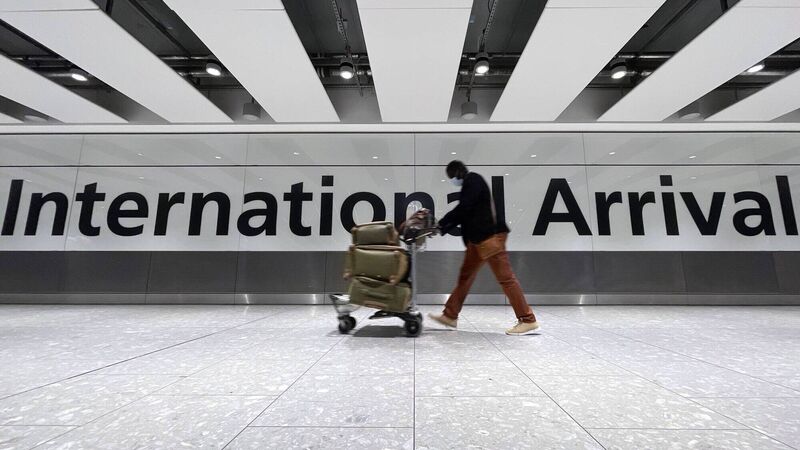Terry Prone: Southern Africa treated unfairly? You can be the Judge Judy of that

So the European Commission may have devastated tourism — the only industry many of southern Africa’s countries have — without concrete evidence attesting to the danger of Omicron.
I pick up a copy of magazine because it has a picture of Judge Judy Sheindlin on the cover.















